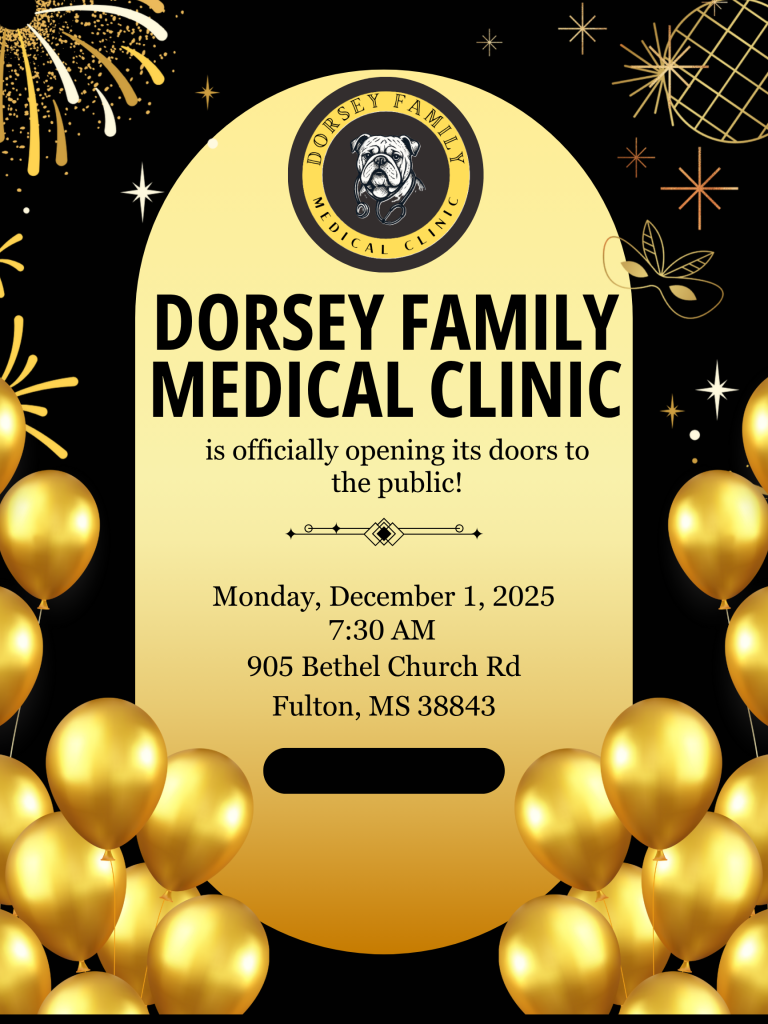
Boundaries are important in any relationship, but they become especially important when you are in recovery from addiction or other mental health conditions. Today, we’re taking a look at the importance of healthy boundaries in recovery and how to set and enforce them.
What are Healthy Boundaries?
Boundaries are physical, mental, and emotional limits set to protect yourself and others in a relationship. They help us define who we are while allowing others to be who they are. Boundaries also keep you from being taken advantage of or manipulated.
Boundaries, like anything else, can be unhealthy. Unhealthy boundaries may include abandoning your personal beliefs or values for acceptance, establishing new relationships without considering how they will affect your recovery, and trusting no one or everyone. Knowing the difference between healthy boundaries and unhealthy boundaries is essential to maintaining your recovery.
Healthy boundaries basically look like the opposite of unhealthy boundaries. Healthy boundaries include:
- Carefully evaluating the benefits and drawbacks of each relationship
- Maintaining your personal beliefs and values regardless of other’s opinions
- Saying no to gifts, favors, and actions that do not support your recovery
- Clearly and respectfully expressing what you need or want
- Developing appropriate trust with others
- Treating yourself with respect and kindness
Now that you know what healthy boundaries look like it’s time to set the boundaries you need and implement them. Key emphasis on the implementation of these boundaries. Boundaries do no good if you don’t enforce them. Setting and enforcing boundaries looks like this:
- Establishing a self “bill of rights” such as a right to your own thoughts, emotions, values, and beliefs and right to express how you want to be treated
- Identifying sobriety risk factors including obvious ones like avoiding a bar if you are an alcoholic and less obvious triggers like watching a football game with friends
- Setting the boundaries based of your bill of rights and recovery risk factors
- Enforcing the boundaries and remaining accountable
- Respecting other people’s boundaries
Need more support in your addiction recovery? We can help. Call 662-282-4226 to schedule a visit.



